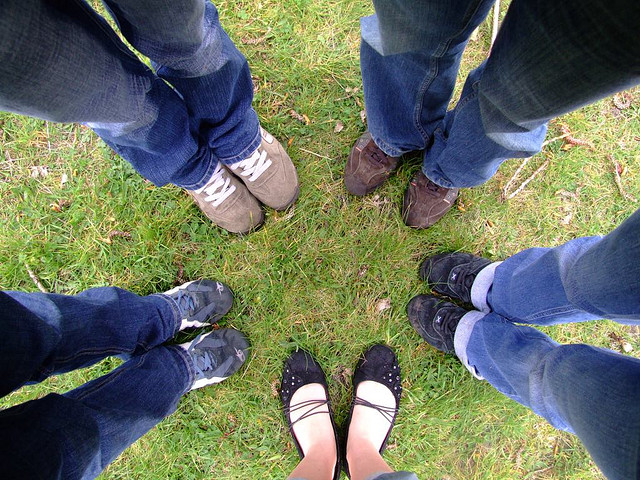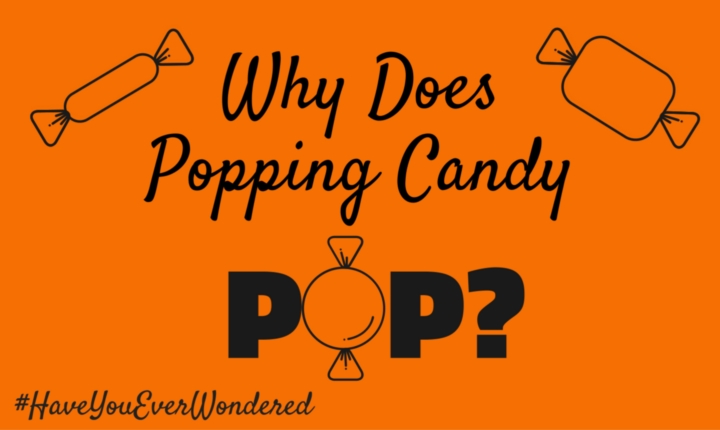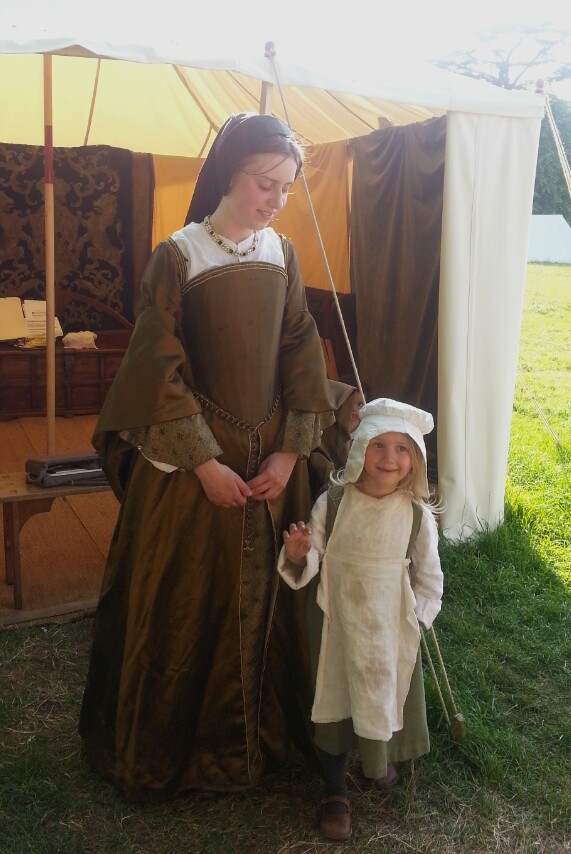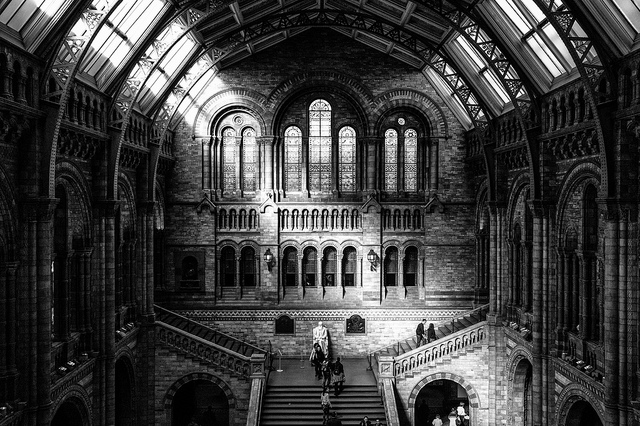What Makes Popping Candy Pop?
Popping candy is fantastic stuff. You put it on your tongue and within seconds it’s fizzing and exploding and jumping about in your mouth. But what makes this happen? Continuing our #HaveYouEverWondered series, Sam takes a handful sweeties and finds out what makes popping candy pop!
Gentry or Servant? Which Would You Choose To Be? – Written By You
You will all know what a ‘servant’ is, I am sure – Perhaps your Mum says that sometimes when you ask her to do too much for you ‘Do you think I am your servant?’ 🙂
Do you know we mean when we say ‘the gentry’? According to this website
The gentry were the people who were knights, squires, gentlemen and gentlewoman whose fortunes were great that they did not have to work with their hands for a living. Their numbers grew rapidly and became the most important class during Elizabethan time. They could start as a knight and through generations and marriages, they could gradually build a wealth and title. Most of the important people of this time came from this class.
Back in Tudor times (between 1485 and 1603), a person couldn’t choose to be born into the gentry. Today groups of people all over the world get together to reenact various periods of history, including the Tudor period.
Alison has been on both sides of the gentry/servant divide and tells us all about reenactments, making your own clothes and living like a Tudor girl, at least for a weekend.
What is The Point in Learning … History
Have you ever sat in a Maths class wondering if you will ever have to do long division without a calculator once you leave school? Or silently cursed your Geography teacher while learning about the formation of oxbow lakes?
And History? That’s all in the past and irrelevant, isn’t it? In this series of articles, we will look at some of the subjects we learn at school, and try and answer the question: What’s the point in learning this?
Last time we looked at uses of Physics, both in day to day life, and in careers. Today we will focus on History – the study of the past and how our society came to be as it is. Here are some ways in which studying History is useful to us:
Critical Thinking

Thinking by Elisabeth Haslam
When we study history we don’t just learn lists of facts and dates off by heart. We read lots of opinions about what happened and why, and come to our own conclusion. We base these opinions on two types of material, primary sources which are texts and drawings created at the time of the history we are studying, and secondary sources which were written after the event.
Great Women You Should Know… Helen Sharman




